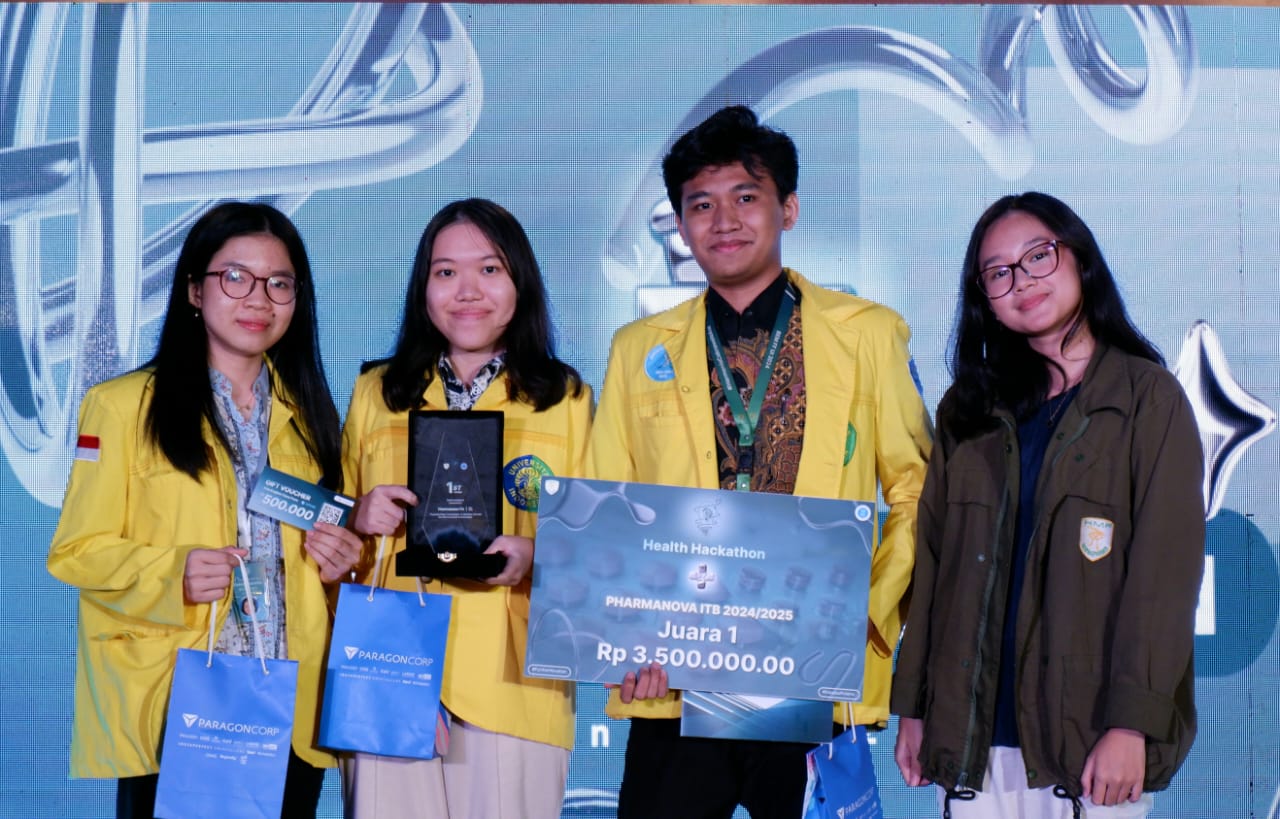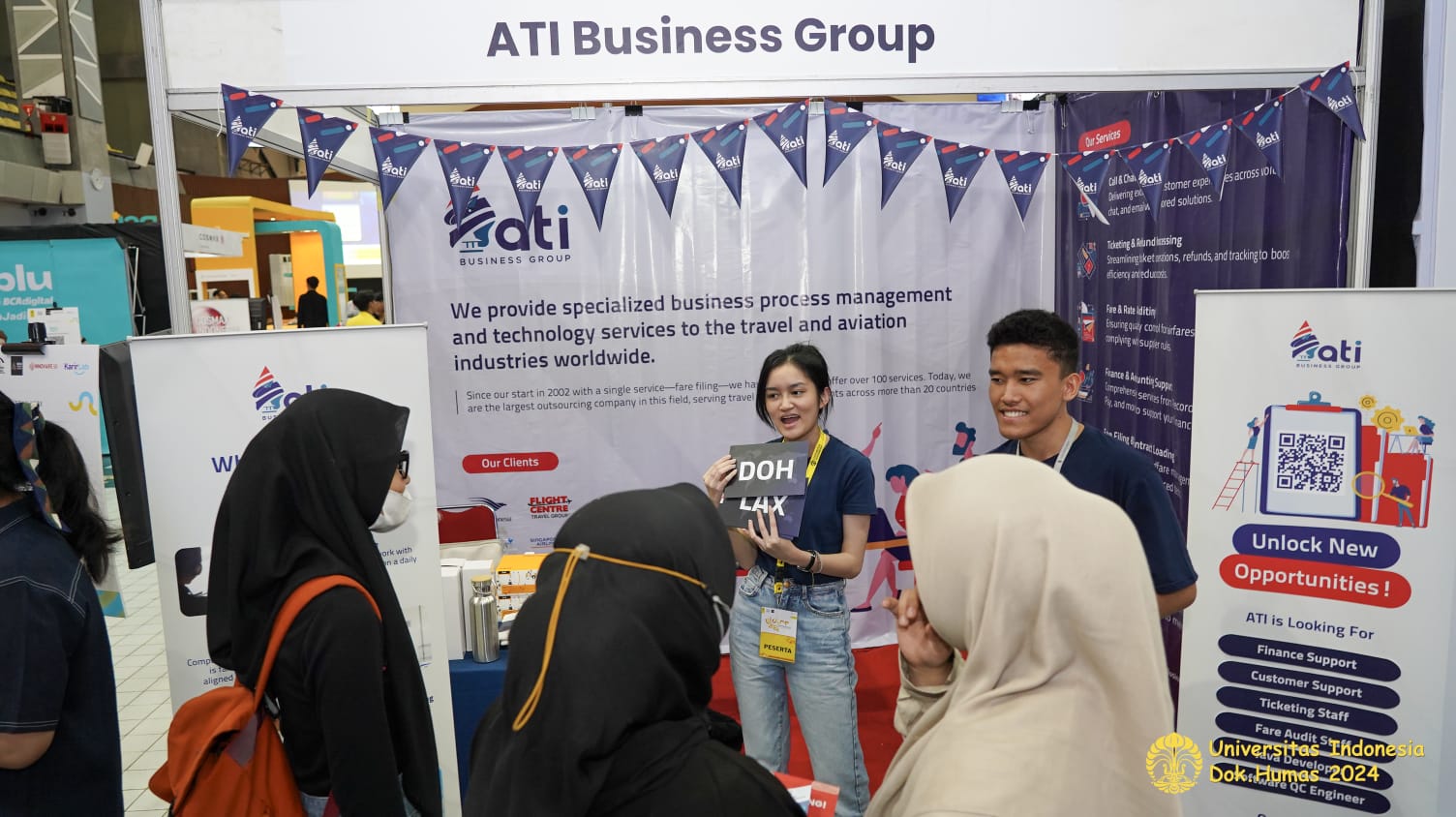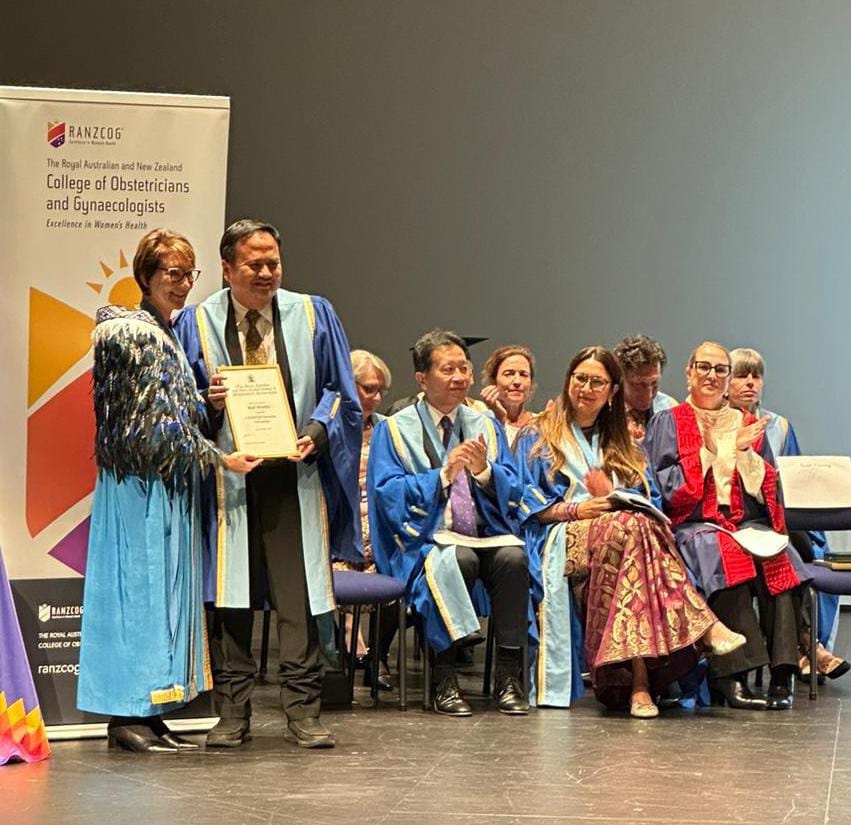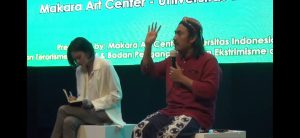
“Indonesia has local wisdoms that can counteract and fight radicalism and terrorism. This does not mean that local wisdom is a solution to radicalism and terrorism, but whether the Indonesian people are able to use it for that. Local wisdom is like gold and diamonds that need to be processed. It is not just knowledge, but knowledge that is practiced in everyday life,” said Dr. Ngatawi Al-Zastrow as Head of Makara Art Center University of Indonesia (MAC UI).
Zastrow added that local wisdom included in the culture must become a science of practice. Culture must be built-in, expressed in practice, and manifested in a frame of mind. Zastrow’s statement was delivered in the discussion “Framing Diversity Culture, Affirming NKRI, Rejecting NII”, on Friday (22/04). The event, held by MAC UI in collaboration with the UI School of Strategic and Global Studies (SKSG) and the Indonesian Ulema Council’s Countering Extremism and Terrorism Agency (BPET-MUI), was broadcast live on Youtube.
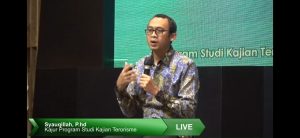
The discussion which was attended by the Deputy Chairman of BPET-MUI, Dr. K.H. Muslih Nasuha; Head of the SKSG UI Terrorism Study Program, M. Syauqillah, Ph.D.; and the Lead Researcher of Terrorism and Political Violence Galatea Thinktank, Ulta Levenia, discussed efforts to stem the emergence of radicalism. According to Syauqillah, all terror organizations in Indonesia have the same roots even though they are expressed in different ways. Various organizations actually have the same ideology, namely forming a caliphate or daulah government. This commonality of purpose makes it easy for members of a particular organization to move between similar organizations.

The growth of radical organizations in Indonesia is due to a misunderstanding of religious teachings. In Islam, for example, the basics clearly refer to the Quran and Hadith. However, when the delivery is wrong, the understanding of the rules can also be wrong. The process of conveying religious teachings requires culture to be easily understood by the community. The expertise of ustadz, kiai, and ulama is also challenged so that the messages conveyed are properly understood.

Dr. Muslih shared his experience of thwarting the departure of a group of people who wanted to go to Syria and Iraq. “They understand that jihad is war, so they come to the place of war. In fact, there are Quranic verses that explain that jihad is not only war. This lack of religious understanding is used by terrorist and radical groups to instill their ideology. People who are confused and do not understand religion end up being exposed to their doctrine,” said Muslih when asked about his views on terrorist and radical groups.
A massive ideological approach is taken by almost all terror groups. They try to be a channel of imagination for those who long to live in a certain time, such as the life of the prophet. This has to do with the psychological of people in Indonesia and Malaysia who revere and look to Middle Eastern societies for inspiration.
Based on her experience researching terror organizations in Afghanistan, Ulta found that there is a strong and evolving narrative among members of these organizations. These narratives are initially introduced by charismatic figures and instilled into their members. However, when these or other charismatic figures speak contradictory narratives, members do not believe them and assume they are just lies. This suggests that there is a very strong narrative embedded in the minds of its members. “It’s strong enough to become the truth,” Ulta said at the end of the session.

